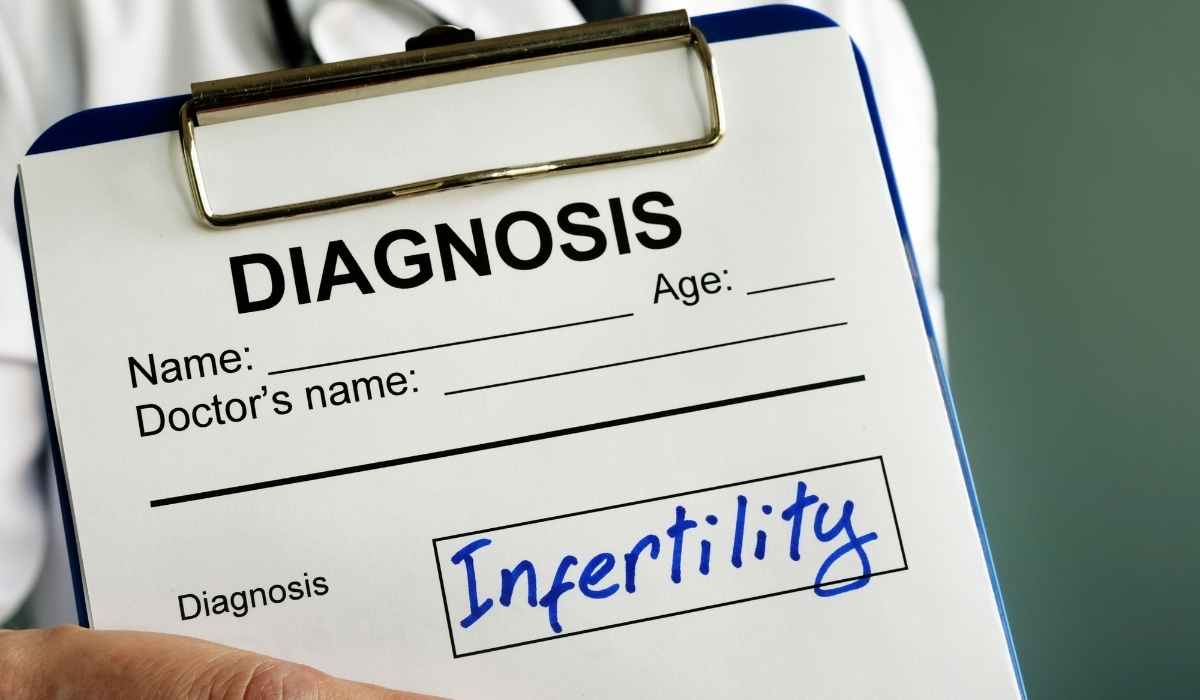Unexplained infertility is when fertility testing hasn’t found a cause to explain a person or couple’s infertility. Treatments include fertility medication, lifestyle changes, intrauterine insemination (IUI), and in vitro fertilization (IVF).
What is the leading cause of unexplained infertility ?
About 15 percent of infertile couples are diagnosed with unexplained infertility, also referred to as idiopathic infertility. Unexplained infertility most likely involves issues with poor egg or sperm quality, or problems with the uterus or fallopian tubes that aren’t identifiable during normal fertility testing.
Is unexplained infertility a diagnosis?
Unexplained infertility is essentially a diagnosis of elimination. Fertility testing did not find a specific cause for the failure to conceive. Essentially, patients with unexplained infertility look good on paper, but in practice, things are not working out as they should.
Does stress cause infertility?
While it’s unlikely that stress alone can cause infertility, stress interferes with a woman’s ability to get pregnant. Research has shown that women with a history of depression are twice as likely to experience infertility. Anxiety also can prolong the time needed to achieve pregnancy.

How often does IVF work for unexplained infertility?
Assisted reproductive technologies: In vitro fertilization (IVF) results have been shown to achieve a clinical pregnancy rate per cycle of 50%, compared to 11% for couples using expectant management
How many rounds of IVF can it take to get pregnant?
And while the figures hold steady for cycles 2-4, success rates can jump to 65.3% for women who complete 6 cycles. In other words, the more cycles a woman completed, the higher the chances of successfully getting pregnant and having a live birth
What causes poor egg quality?
Poor egg quality is caused by diminished ovarian reserve and is one of the most common causes of infertility, especially in women over 35. Egg quality is important because it determines embryo quality. Poor egg quality is closely associated with chromosomal abnormalities in embryos, also known as aneuploidy
Why do IVF cycles fail the first time?
Most fertility specialists believe that more than 95% of IVF failures it is due to the arrest of the embryos. The embryonic arrest is quite often due to chromosomal or other genetic abnormalities in those embryos that made them too “weak” to continue normal development and sustained implantation
To know more about who we are, our mission and vision, and our goals. visit us




